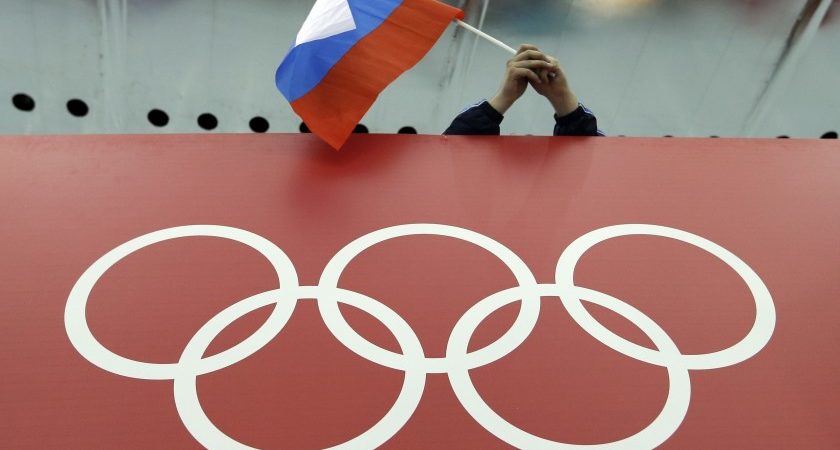In a unanimous decision on December 9 in Lausanne, Switzerland, the World Anti-Doping Agency (WADA) has handed a four-year ban from all major sporting events to the Russian Federation.
The decision means that Russia will have no formal presence at next year’s Olympic Games, the 2022 Winter Games in Beijing, or even the 2022 FIFA World Cup in Doha, amongst others.
Neither the Russian flag or the anthem will be allowed at those sporting events, which will also eventually include the Youth Olympic Games, Paralympics, world championships and any other major events subject to WADA Code. The “major sports” events that fall under WADA’s sanctions do not include European Championships or other non-world championships events.
However, and much like in 2018, WADA has left the door open for Russian athletes to compete under a neutral flag, as long as they can prove they are clean and have not been a part of the alleged state-sponsored system of doping and subsequent data tampering. A total of 168 Russian athletes competed under a neutral flag at the 2018 Winter Olympics in Pyeongchang, South Korea.
WADA’s Executive Committee has approved the full list of recommendations by its Compliance Review Committee in late November. As a result, this also means that government officials will be barred from attending such events. Finally, Russia will not be eligible to host or even bid to host major events during the same time period.
The Russian anti-doping agency (RUSADA) had already been suspended for nearly three years previously over revelations contained in the McLaren report, a 2016 WADA-commissioned report which uncovered a widespread and complex state-sponsored sports doping network.
This new ban came to be after RUSADA was found guilty of manipulating laboratory data handed over to WADA investigators in January 2019. The country and RUSADA had been conditionally reinstated in September 2018, but were required to turn over data from the Moscow laboratory, which is at the center of the McLaren report, as part of the conditions for the reinstatement.
However, WADA investigators noticed the data didn’t align with information that was shared by a whistleblower in October 2017. They determined that 145 cases had been tampered with, and found that “the related underlying raw data and PDF files have been deleted or altered” after RUSADA had been ordered to turn over the data. As a result, these new findings quickly prompted a new chapter in the systemic doping scandal that the nation has been embroiled in for the last five years.
RUSADA has now 21 days to appeal the ban. If it chooses to do so (and it is expected to according to the Russian press), the appeal will be referred to the Court of Arbitration for Sport. RUSADA’s board is scheduled to meet on December 19, and should then decide on whether to accept the latest sanctions or appeal.
At this time for Russian athletes, no changes appear imminent, and the decision will come into effect only when it becomes final, so when either RUSADA accepts it or appeals and upheld by the Court of Arbitration for Sport.
Naturally, everything is up in the air for the Russian artistic swimming team, although it has ultimately not been a problematic sport in terms of doping. As a reminder, the team and duet are already qualified to the 2020 Olympics, and nothing is changing on that front for now. If the swimmers make the decision to compete under the neutral banner and are determined clean and unaffected by the global doping scandal, we will still have a team of Russian athletes in Tokyo, albeit referred to differently.
We will update this article as the story develops.


[…] looming over the Russian team recently. In December 2019, the World Anti-Doping Agency (WADA) announced further sanctions towards the entire country related to the Sochi systemic doping […]
[…] December 2019, WADA had announced a four-year ban towards Russia as punishment for manipulating and tampering with doping data at the […]